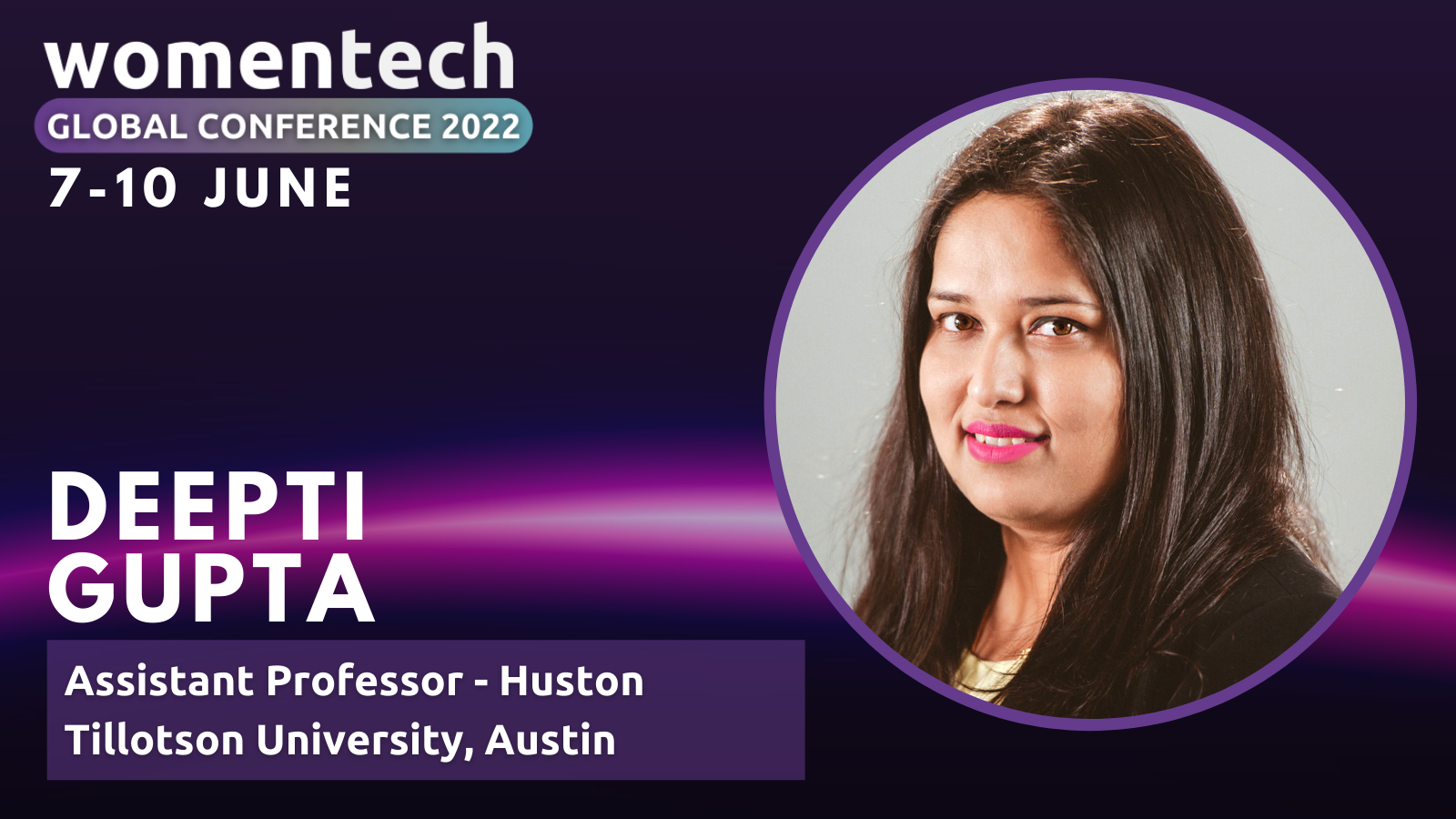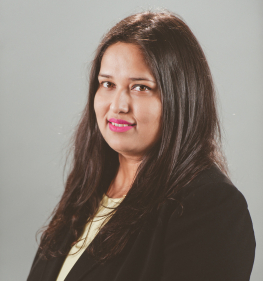Vote by Sharing
Unite 100 000 Women in Tech to Drive Change with Purpose and Impact.
Do you want to see this session? Help increase the sharing count and the session visibility. Sessions with +10 votes will be available to career ticket holders.
Please note that it might take some time until your share & vote is reflected.
Session: Federated Learning for Internet of Medical Things
Internet of Medical Things (IoMT), also known as healthcare IoT, is becoming ubiquitous with a proliferation of smart medical devices and applications used in smart hospitals, smart home based care, and nursing homes. IoMT utilizes smart medical devices and cloud computing services along with core IoT technologies to sense patients' vital body parameters, monitor their health conditions and generate multivariate data to support just-in-time health services.In this domain, the security of various entities, users, and privacy of data are major concerns. There is a large amount of data generated, shared, and transmitted between various entities in this ecosystem. Mostly, this large amount of data is analyzed in centralized architectures for data analysis. However, there are various security threats associated with centralized architectures for the smart healthcare ecosystem. Therefore, there is a need for decentralized architecture based on federated learning for securing the smart healthcare ecosystem of the future. In this presentation, I will focus on specific use cases of the smart healthcare ecosystem, such as Remote Patient Monitoring (RPM), and utilizing federated learning for identifying security issues in these application domains. I will present the solutions and also discuss future research directions in this domain.
Key Takeaways
- It also applies to the faculty and others who are doing research and interested in developing a smart healthcare environment as well as their security and privacy aspects.
- This talk is aimed at undergraduate and graduate students who want to learn about security of IoMT devices and data science.
- This talk will give an awareness about emerging topics including Federated learning, edge computing and digital twins.
Bio
Dr. Deepti Gupta is a faculty member in the Department of Computer Science at Huston-Tillotson University, Austin. She received her Ph.D. degree in Computer Science from the University of Texas at San Antonio (UTSA) and also received her M.S. degree in Computer Science from UTSA. She has worked as an Adjunct Faculty in the Department of Computer Science at St. Edward University, Austin. Dr. Gupta’s research interests lie in the areas of security and privacy in the Internet of Things (IoT) leveraging cloud and edge computing. Her research interests also include the application of AI and Machine Learning to secure IoT and CPS infrastructures in various application domains, such as smart healthcare, wearable IoT, and smart home. She is also interested in designing federated learning algorithms to deal with non-IID data using game theory. She also developed novel anomaly detection models and fine-grained access control models to develop secure infrastructure for IoT. She has several conference and journal publications, and also continually serves as an expert reviewer for various journals and technical program committees for several conferences and workshops. She is an active team member of IEEE ComSoc Young Professionals, AnitaB.org, WiCyS and also co-chair of the N2Women fellowship.


